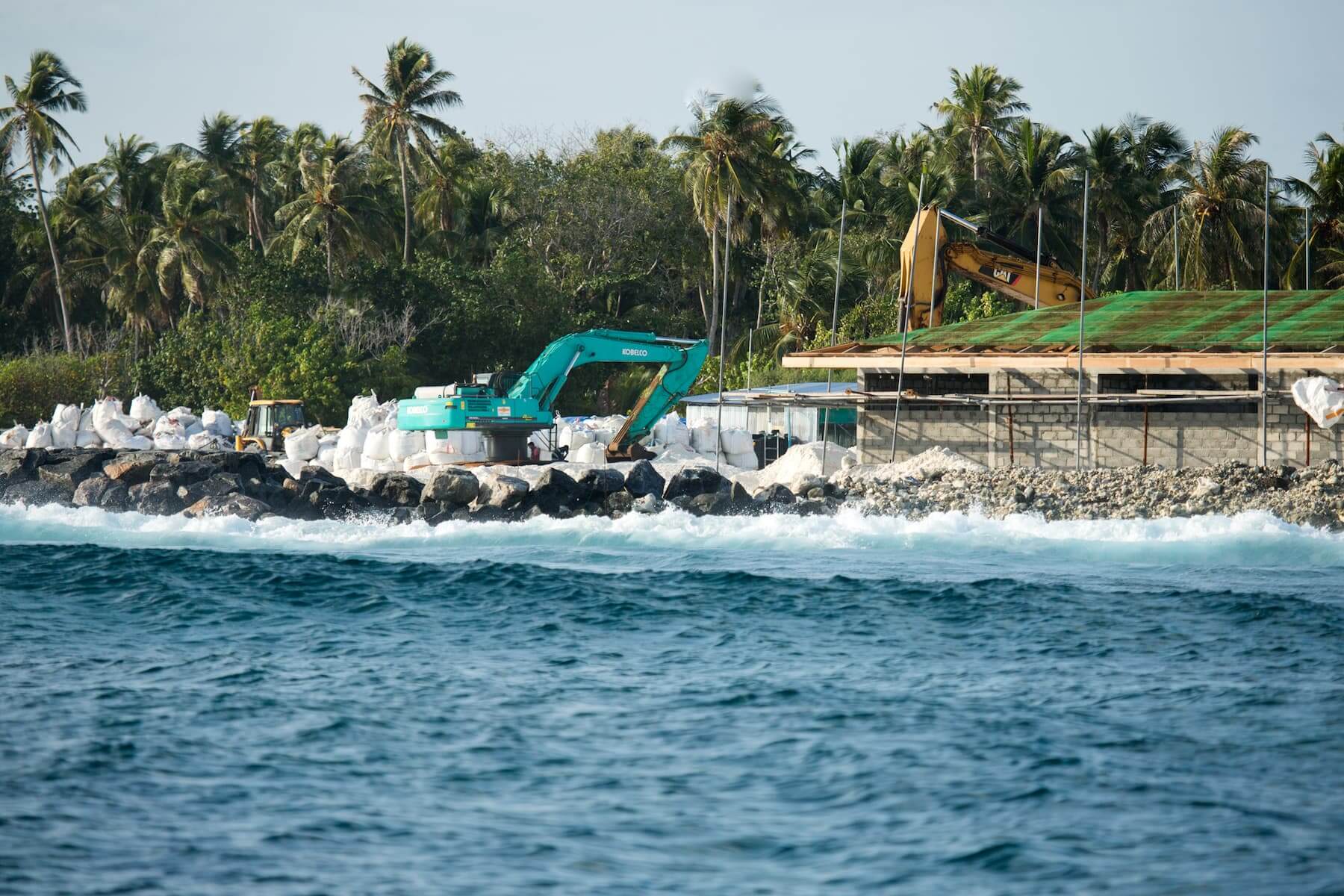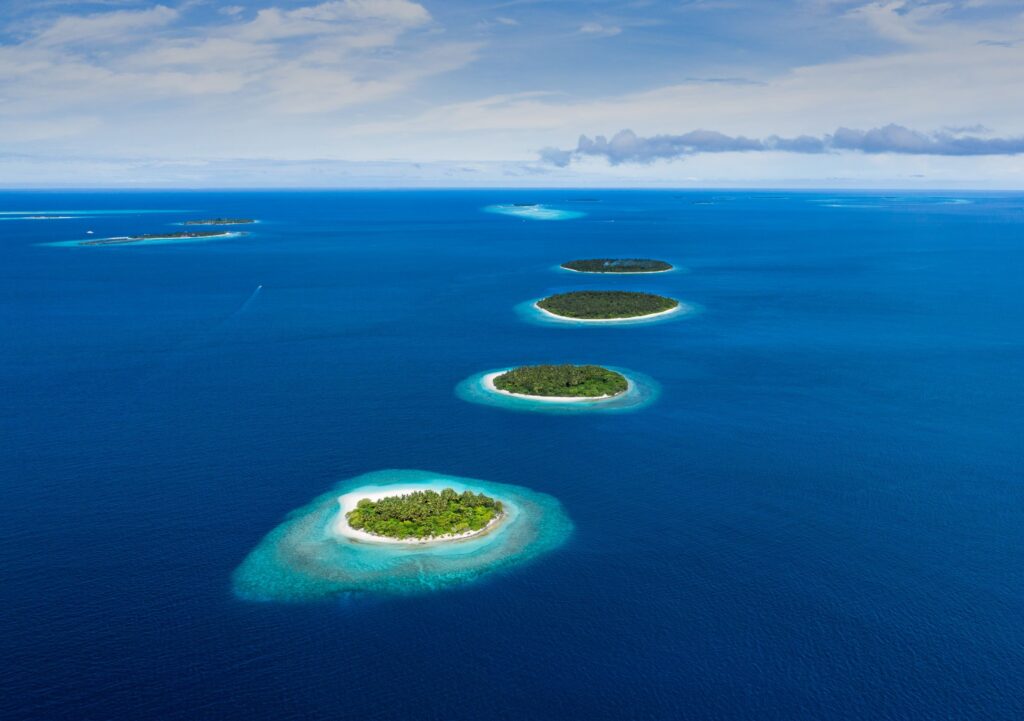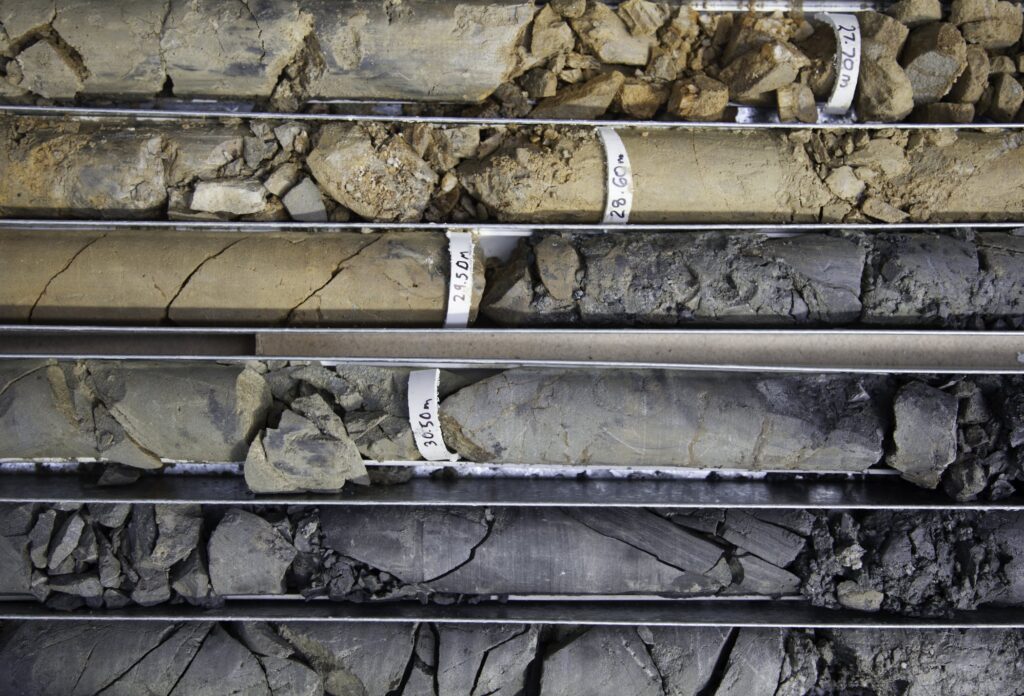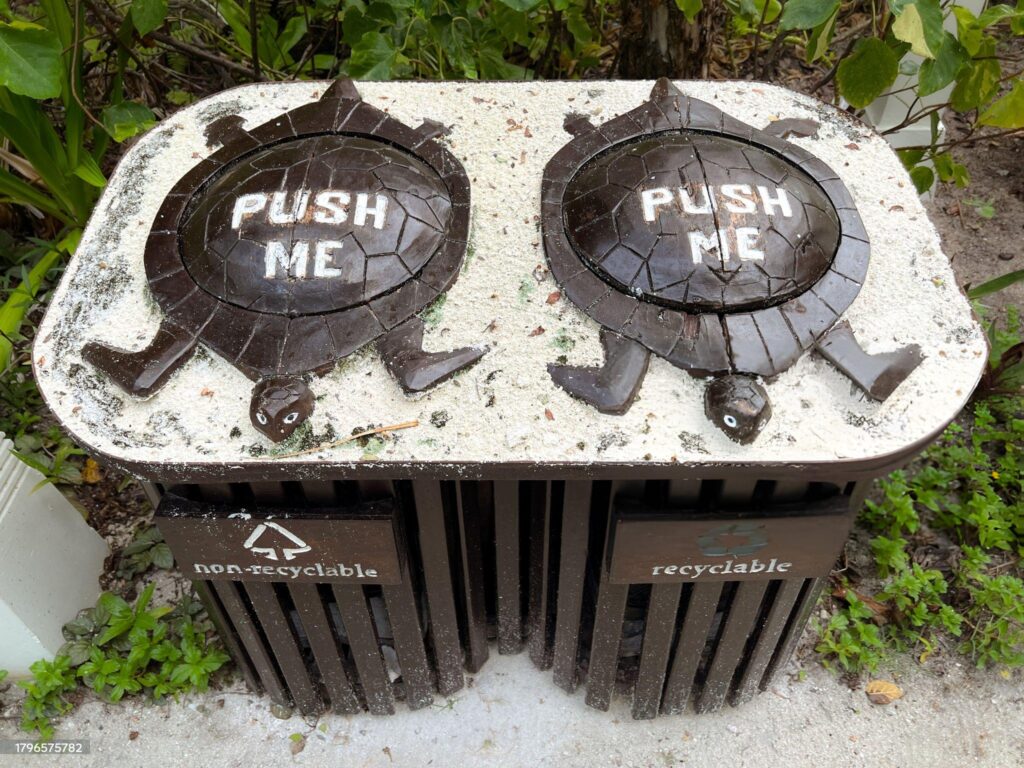Coastal regions hold a magnetic allure – pristine beaches, vibrant coral reefs, and the rhythmic pulse of the ocean. However, our desire to live, vacation, and recreate in these idyllic settings can come at a cost. Unsustainable coastal development poses a significant threat to the very ecosystems that draw us there.
The good news? We can embrace coastal living and tourism while minimizing our footprint. Here, we explore sustainable construction practices and responsible tourism development strategies to ensure our paradise thrives for generations to come.
Building Green by the Sea:
- Location, Location, Location: Before breaking ground, prioritize development in areas that can handle the additional strain. Utilize existing infrastructure and avoid disturbing sensitive ecosystems like mangroves and wetlands.
- Nature-Mimicking Design: Embrace biomimicry! Design buildings that complement the natural environment. Utilize natural ventilation and lighting, incorporate rainwater harvesting systems, and explore living walls and roofs for improved insulation and aesthetics.
- Sustainable Materials: Reduce the environmental impact by opting for recycled or locally sourced materials with lower embodied carbon footprints. Prefabricated construction can also minimize on-site waste.
- Energy Efficiency: Harness the power of the sun! Utilize solar panels and wind turbines for renewable energy generation. Promote energy-efficient appliances and lighting systems throughout the development.
Responsible Tourism: A New Wave of Travelers:
- Ecotourism: Promote experiences that focus on appreciating and conserving the natural environment. Partner with local guides and businesses that prioritize responsible practices.
- Low-Impact Activities: Encourage snorkeling, kayaking, and other activities that minimize disturbance to marine ecosystems. Discourage activities that damage coral reefs or disrupt wildlife habitats.
- Respecting Local Culture: Integrate cultural experiences that celebrate and support the local community. Encourage visitors to learn about and respect traditional practices and customs.
- Waste Management: Implement robust waste management systems that minimize plastic use and promote responsible waste disposal by tourists and businesses alike.
Collaboration is Key:
Sustainable coastal development requires a collaborative effort. Engaging local communities, developers, and environmental organizations in the planning process fosters a shared vision for a thriving future. Constant monitoring and adaptation based on scientific data ensure long-term success.
By embracing these practices, we can mitigate the impact of coastal development. Let’s build and explore responsibly, ensuring that future generations can experience the magic of our coastlines while protecting the ecosystems that sustain them.




